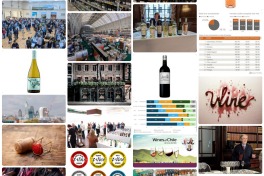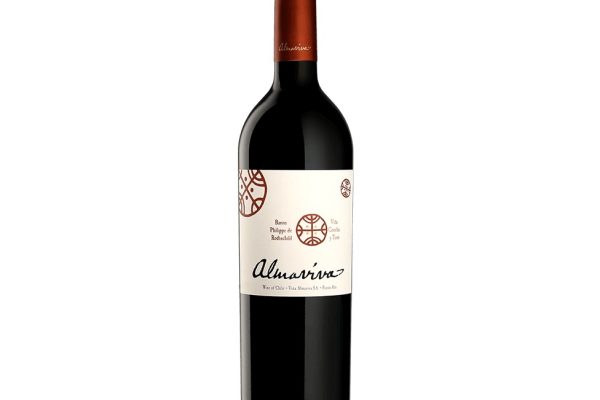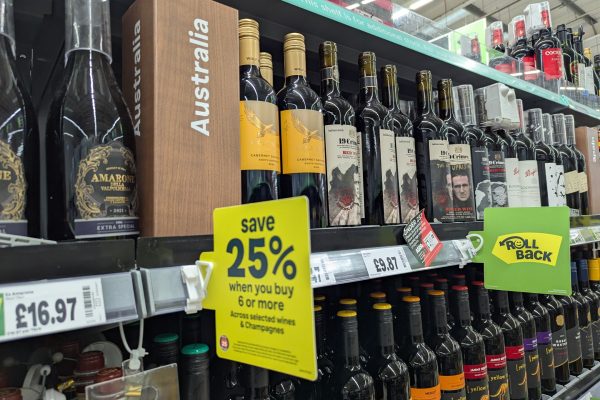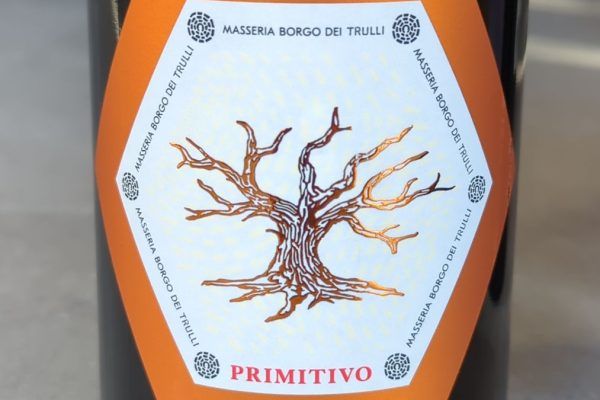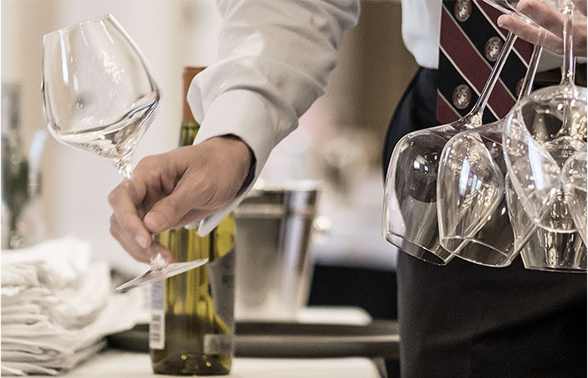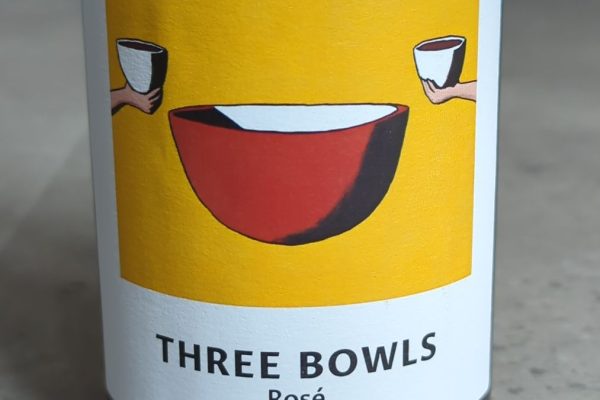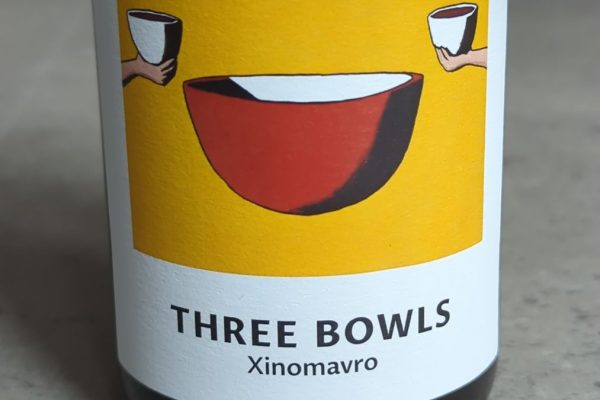
DrinkRetailing is reporting that a growing number of English wine producers are facing financial strain and seeking to sell, according to Chris Spofforth of Savills, a leading estate agency specialising in vineyards across Kent, Sussex and Surrey. He noted that while more opportunities now exist for buyers, mature wine businesses are proving harder to sell due to the difficulty in valuing established brands compared to vineyards alone.
Several prominent producers have encountered significant losses. High Weald went into administration in April, while Ridgeview reportedly considered selling after a £1.5 million loss in 2023. Chapel Down also sought a buyer last year after a fall in revenue and a failed strategic review, though it later announced it was no longer for sale. Gusbourne delisted from the stock market in March after losing over £3 million in 2024 and relying on financial support from Lord Ashcroft, who owns the majority stake. Rathfinny also posted high losses of £2.1 million, and Nyetimber, despite long-standing ownership by Eric Heerema, remains unprofitable.
Some wineries are faring slightly better. Hattingley Valley expects to make a profit for the first time in nearly two decades, while Balfour made a modest £32,000 on £5 million turnover. Still, many owners are paying themselves little or nothing, with passion failing to cover costs, especially as the 2023 bumper harvest has left many with excess stock, straining cash flow.
The recent Budget also dashed hopes in the industry, with tax and regulatory costs eating into margins. Larger producers, particularly those focusing on sparkling wines and brand development, face the additional burden of heavy marketing expenses. Building an international brand is described as prohibitively expensive, with some estimating costs of £10 million a year over a decade. Gusbourne, for instance, spent nearly £3.5 million on sales and marketing against revenues of £7.1 million.
As drinkers, we can play a vital role in supporting the homegrown wine industry during these challenging times. Choosing to buy English wines, whether in shops, restaurants or directly from vineyards, helps boost demand and sustain local producers. Visiting wineries, attending tastings, and spreading the word about quality English wines can also make a real difference. By backing our home industry, we not only enjoy excellent, locally made products but also help preserve jobs, communities, and the unique character of English winemaking for the future.




